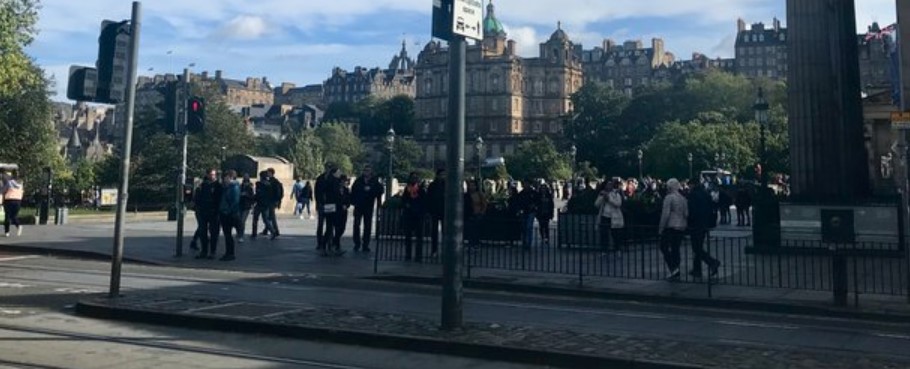Optional Courses: My experience

by Hannah, from the UK, studying History, 3rd year
When starting my History degree, I was interested in taking courses outside of my subject area to both investigate possible career options and to build upon skills I had learnt in school. I was excited by the possibility of taking on subjects I hadn’t encountered before, particularly ones that offered me some of the practical lab/workshop experience that wouldn’t be included in a history degree – such as taking an archaeology course. I also used some of my outside options to develop interests in areas of history that I had not studied before, such as Middle Eastern History, and to build upon subject areas that had not been offered as part of my secondary education, such as Politics. Although these subjects are something I can read about on my own time, taking them as an outside course was of particular interest due to the unique access to expert knowledge, and the ability to learn about contentious areas, such as politics, from a relatively unbiased and academic standpoint.
Skills for the future
By taking a course outside of my school I gained experience in different research methods, digital tools, referencing methods and types of assessment. Archaeology, Law and Sustainable Development all had teaching/assessment methods that I would not have experienced without taking an outside course. Archaeology included lab sessions working with real skeletal material which developed my skills in collating data, handling sensitive material and working within a lab environment – something you wouldn’t expect a history graduate to have experienced at university level! Taking an outside course in Law was particularly helpful as I was introduced to completely different online resources and how to search within them, such as LexisNexis, and how to properly read cases, verdicts and testimonies in a written format. I also gained experience in tutorials which required arguments to be presented on points of law, a skill that is often tested in interviews for training contracts but is difficult to practice outside of these settings. I was able to hone my debating skills within a legal context which was incredibly helpful as while history tutorials offer opportunities to debate, it is not usually on points of law. Writing policy briefs for sustainable development also forced me to develop my concise writing skills. I feel that this skill is incredibly important in the world of work, especially when writing briefings for meetings or notes to a supervisor etc. and so I was grateful to have the opportunity to practice this. The most positive aspects of taking outside courses were learning completely new skills, experiencing different teaching methods and meeting people from outside of my subject area. I feel that the skills I have developed through outside courses make me a more employable graduate than someone who has not had the opportunity to take outside courses. I not only have the skills from my history degree, but I also have experience of scientific research methods, case-based research and problem-based learning than one would not get from solely studying history. I also have a great appreciation for how my outside subjects have contextualised my history degree and allowed me to streamline my interests as I move into fourth year.
Life after university
The optional courses I selected were a really helpful introduction to what I was hoping to do after university. I was aware that I might want to study law after graduation and that this would involve a postgraduate course. Taking Criminal Law greatly improved my confidence in legal writing, case research, and understandings of some of foundational concepts of studying law. This means that going into a postgraduate degree, I feel more experienced and more confident in my own abilities. The access to the career announcements from the Law School also meant I was aware of events that I may not have been as a history student, allowing me to attend talks and careers workshops that greatly informed my understanding of the process of becoming a lawyer after a non-law degree. The academic background that my outside subjects have provided have also been an invaluable introduction to how I might want to get involved with the law after graduation. I took Sustainable Development to consider a role in environmental law, and politics to greater contextualise how the law interacts with wider political contexts. These understandings have also improved my interdisciplinary approach to history essays as I have been able to take the time to research the academic context behind some of the ideas that influence historical research. Don’t be intimidated by taking courses in subject areas outside of your core subject, even if it’s not something you have studied at school before. Taking outside courses gives you access to more subject specific resources and a different undergraduate community. Taking outside courses may also give you access to additional career resources which could help to shape your future career. Optional courses were the most significant factor in my choice to study History at the University of Edinburgh and I have been incredibly grateful for the impact they have had on my current studies as well as my employability and future career choices.
This blog was originally published on the ‘Chat to our students’ site here: https://www.ed.ac.uk/studying/undergraduate/student-life/student-chat



